Ditapis dengan
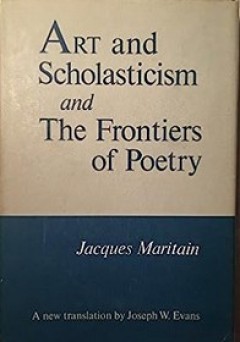
Art and Scholasticism and The Frontiers of Poetry
- Edisi
- First Published
- ISBN/ISSN
- 0-268-00556-7
- Deskripsi Fisik
- vi + 234 pgs.; 21 cm.
- Judul Seri
- -
- No. Panggil
- 701 MAR a
- Edisi
- First Published
- ISBN/ISSN
- 0-268-00556-7
- Deskripsi Fisik
- vi + 234 pgs.; 21 cm.
- Judul Seri
- -
- No. Panggil
- 701 MAR a
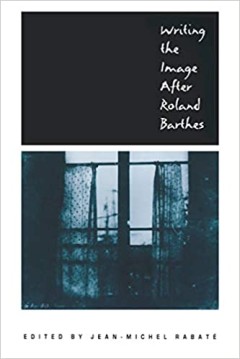
Writing the Image After Roland Barthes
In the final stages of his career, Roland Barthes abandoned his long-standing suspicion of photographic representation to write Camera Lucida, at once an elegy to his dead mother and a treatise on photography. In Writing the Image After Roland Barthes, Jean-Michel Rabaté and nineteen contributors examine the import of Barthes's shifting positions on photography and visual representation and th…
- Edisi
- First Published
- ISBN/ISSN
- 0-8122-3369-7
- Deskripsi Fisik
- viii + 285 pgs.; 23 cm.
- Judul Seri
- -
- No. Panggil
- 770.1 WRI w
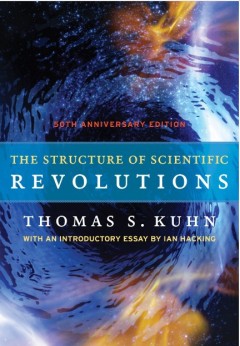
The Structure of Scientific Revolutions
A good book may have the power to change the way we see the world, but a great book actually becomes part of our daily consciousness, pervading our thinking to the point that we take it for granted, and we forget how provocative and challenging its ideas once were—and still are. The Structure of Scientific Revolutions is that kind of book. When it was first published in 1962, it was a landmar…
- Edisi
- First Published
- ISBN/ISSN
- 0-226-45804-0
- Deskripsi Fisik
- xii + 210 pgs.; 23 cm.
- Judul Seri
- -
- No. Panggil
- 501 KUH s

Philosophy and Myth in Karl Marx
- Edisi
- Second Edition
- ISBN/ISSN
- 0-521-08455-5
- Deskripsi Fisik
- 263 pgs.; 20,5 cm.
- Judul Seri
- -
- No. Panggil
- 335.41 TUC p
- Edisi
- Second Edition
- ISBN/ISSN
- 0-521-08455-5
- Deskripsi Fisik
- 263 pgs.; 20,5 cm.
- Judul Seri
- -
- No. Panggil
- 335.41 TUC p

The Origin and Goal of History
Karl Jaspers (1883–1969) was a German psychiatrist and philosopher and one of the most original European thinkers of the twentieth century. As a major exponent of existentialism in Germany, he had a strong influence on modern theology, psychiatry and philosophy. He was Hannah Arendt’s supervisor before her emigration to the United States in the 1930s and himself experienced the consequences…
- Edisi
- First Published
- ISBN/ISSN
- 0-8371-8983-7
- Deskripsi Fisik
- xvi + 294 pgs.; 22,5 cm.
- Judul Seri
- -
- No. Panggil
- 907.2 JAS o
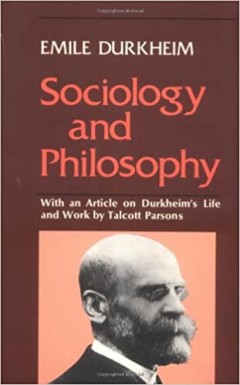
Sociology and Philosophy
- Edisi
- First Published
- ISBN/ISSN
- -
- Deskripsi Fisik
- lxx + 97 pgs.; 17,5 cm.
- Judul Seri
- -
- No. Panggil
- 301 DUR s
- Edisi
- First Published
- ISBN/ISSN
- -
- Deskripsi Fisik
- lxx + 97 pgs.; 17,5 cm.
- Judul Seri
- -
- No. Panggil
- 301 DUR s
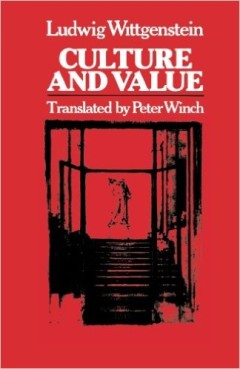
Culture and Value
Peter Winch's translation of Wittgenstein's remarks on culture and value presents all entries chronologically, with the German text alongside the English and a subject index for reference. "It was Wittgenstein's habit to record his thoughts in sequences of more or less closely related 'remarks' which he kept in notebooks throughout his life. The editor of this collection has gone through the…
- Edisi
- -
- ISBN/ISSN
- 063110271X
- Deskripsi Fisik
- 94 pg.; 21,5 cm.
- Judul Seri
- -
- No. Panggil
- 192 WIT c
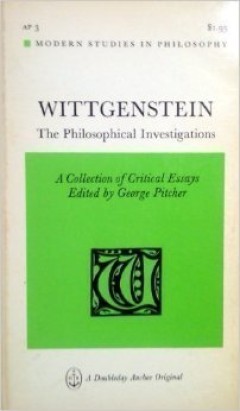
The Philosophical Investigation: A Collection of Critical Essays
- Edisi
- -
- ISBN/ISSN
- -
- Deskripsi Fisik
- x + 510 pg.; 18 cm.
- Judul Seri
- -
- No. Panggil
- 192 WIT p
- Edisi
- -
- ISBN/ISSN
- -
- Deskripsi Fisik
- x + 510 pg.; 18 cm.
- Judul Seri
- -
- No. Panggil
- 192 WIT p
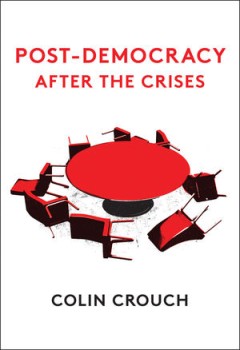
Post-Democracy: after The Crises
In Post-Democracy (Polity, 2004) Colin Crouch argued that behind the façade of strong institutions, democracy in many advanced societies was being hollowed out, its big events becoming empty rituals as power passed increasingly to circles of wealthy business elites and an ever-more isolated political class. Crouch’s provocative argument has in many ways been vindicated by recent events, b…
- Edisi
- First Published
- ISBN/ISSN
- 978-1-5095-4157-7
- Deskripsi Fisik
- xiv + 187 pgs.; 21,5 cm.
- Judul Seri
- -
- No. Panggil
- 321.8 CRO p
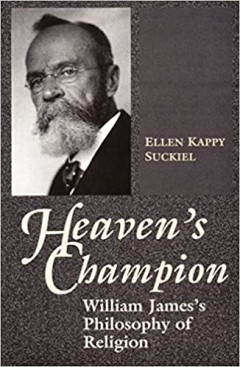
Heaven's Champion: William James's Philosophy of Religion
"It is no surprise that William James's philosophy continues to draw creative and critical interpretations. Ellen Kappy Suckiel's is another such reading, but one that is neither narrowly analytic nor obtusely continental in its philosophical approach. It is fair-minded, well-documented, and sprinkled with important insights and connections to other current philosophical approaches to religion."
- Edisi
- First Published
- ISBN/ISSN
- 0-268-03814-7
- Deskripsi Fisik
- xv + 184 pgs.; 21,5 cm.
- Judul Seri
- -
- No. Panggil
- 201 SUC h
 Karya Umum
Karya Umum  Filsafat
Filsafat  Agama
Agama  Ilmu-ilmu Sosial
Ilmu-ilmu Sosial  Bahasa
Bahasa  Ilmu-ilmu Murni
Ilmu-ilmu Murni  Ilmu-ilmu Terapan
Ilmu-ilmu Terapan  Kesenian, Hiburan, dan Olahraga
Kesenian, Hiburan, dan Olahraga  Kesusastraan
Kesusastraan  Geografi dan Sejarah
Geografi dan Sejarah